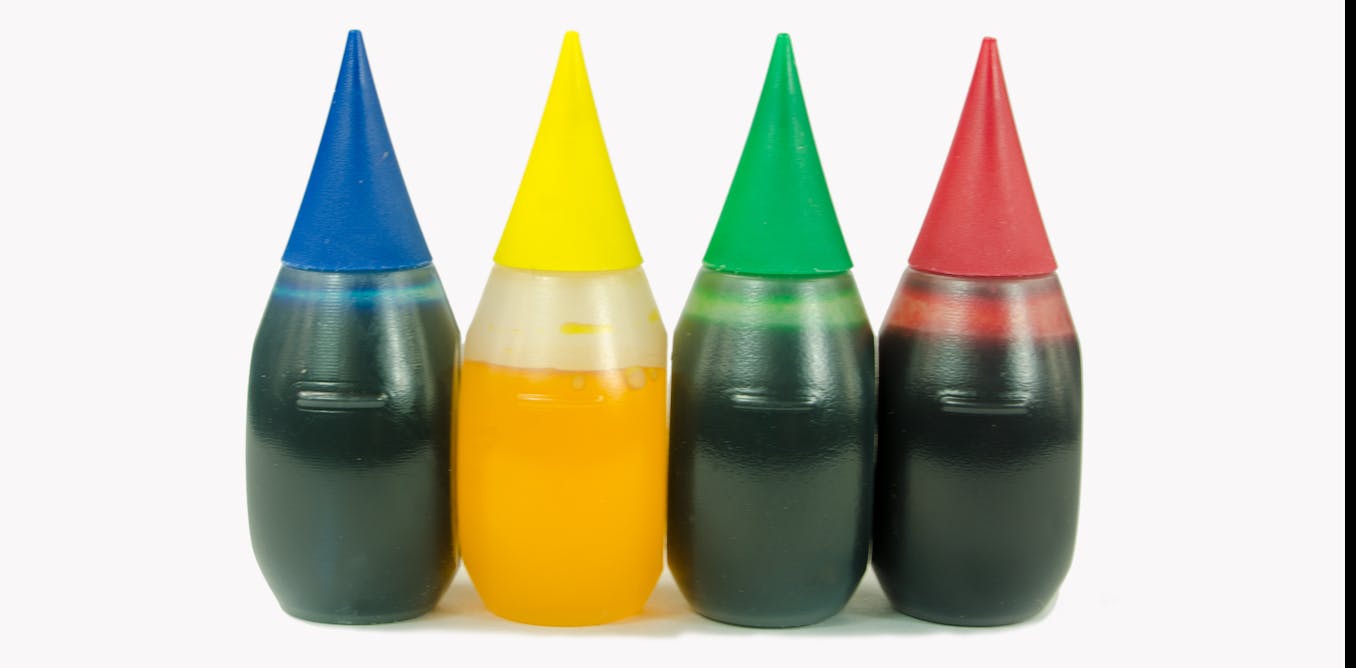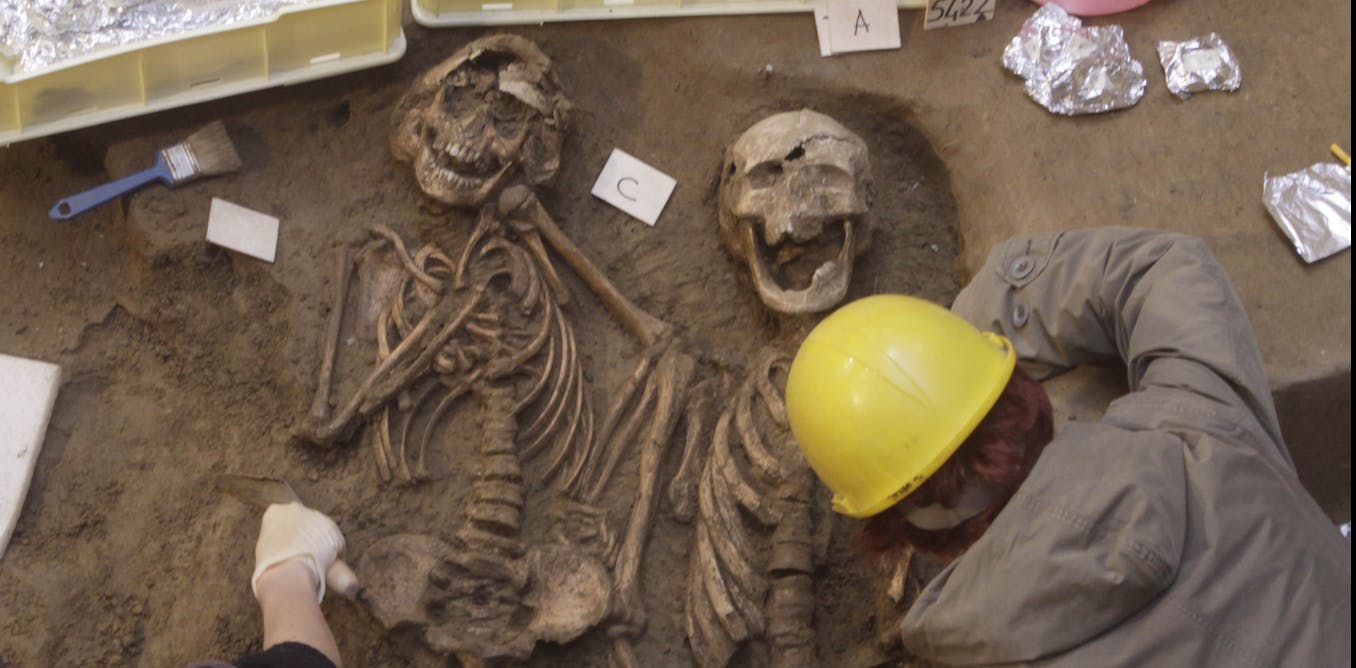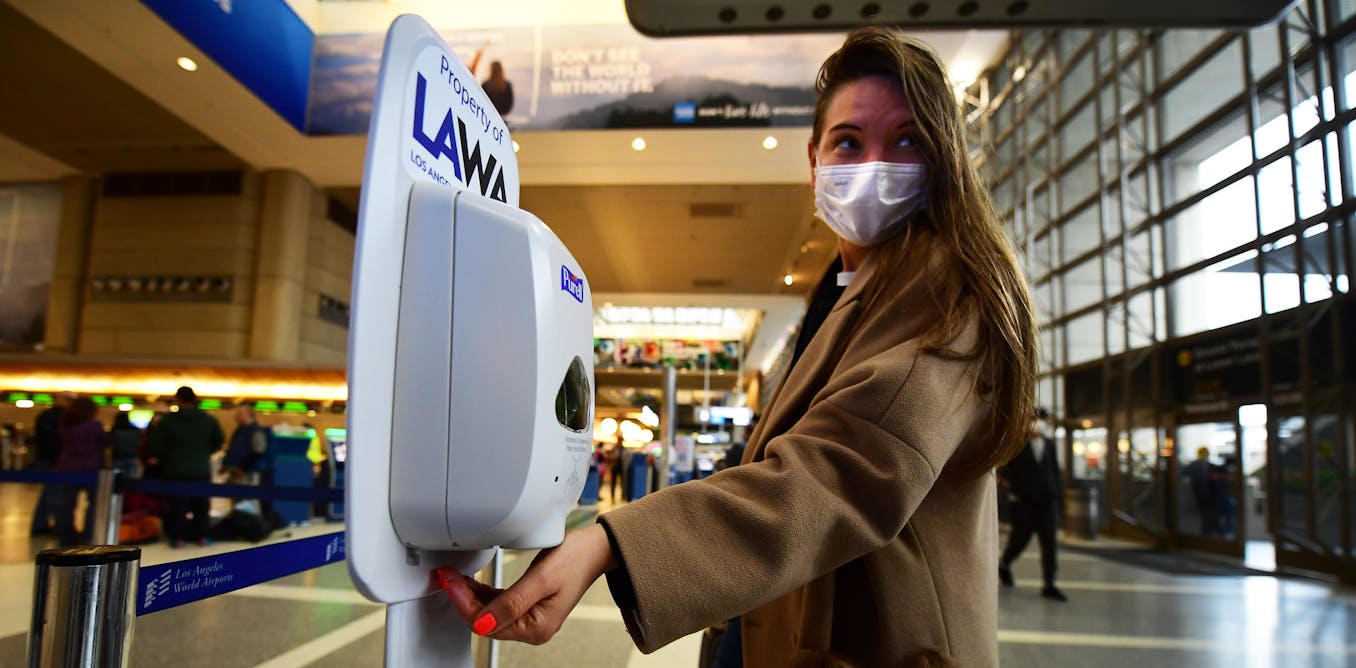Charting changes in a pathogen's genome yields clues about its past and hints about its future
After a nose swab tests positive for a virus or bacteria, scientists can use the sample’s genetic sequence to figure out where and when the pathogen emerged and how fast it’s changing.
Dec. 1, 2021 • ~10 min







